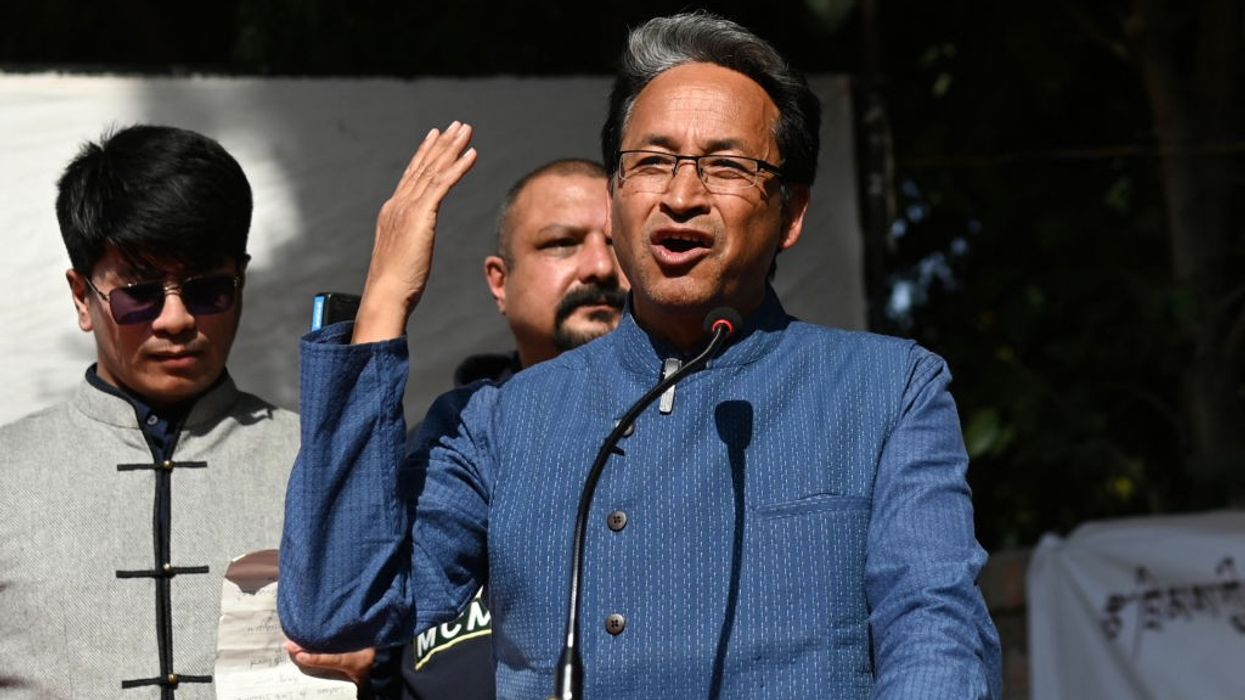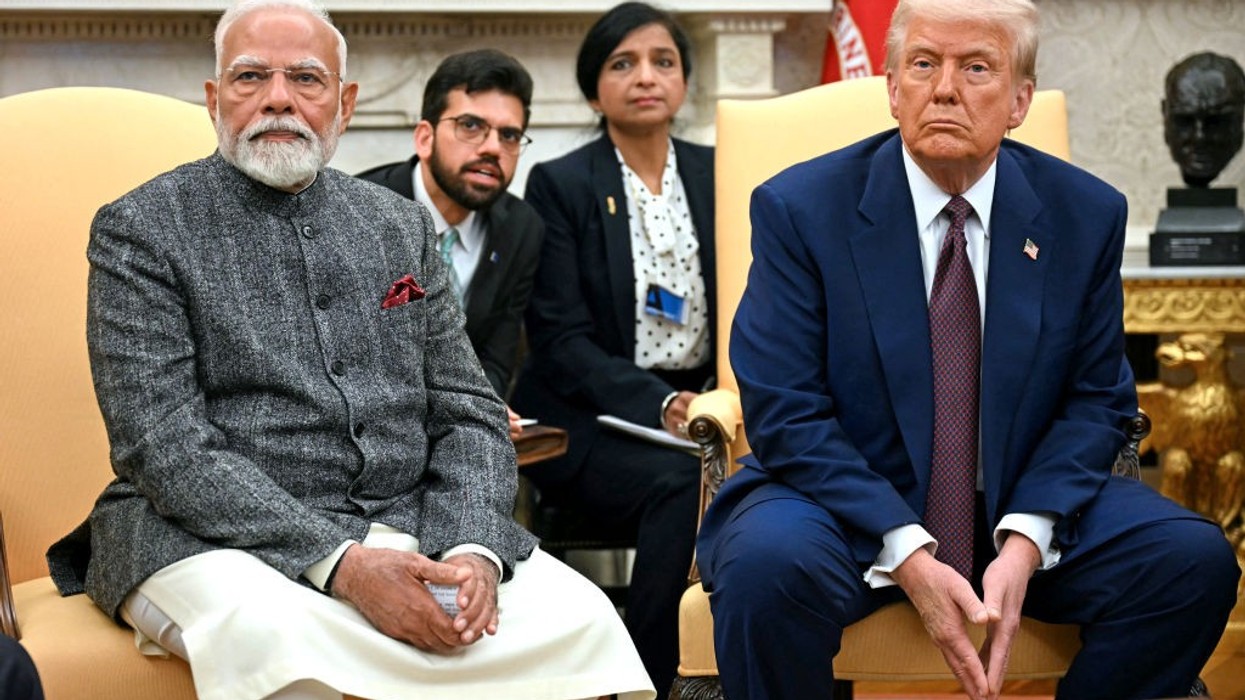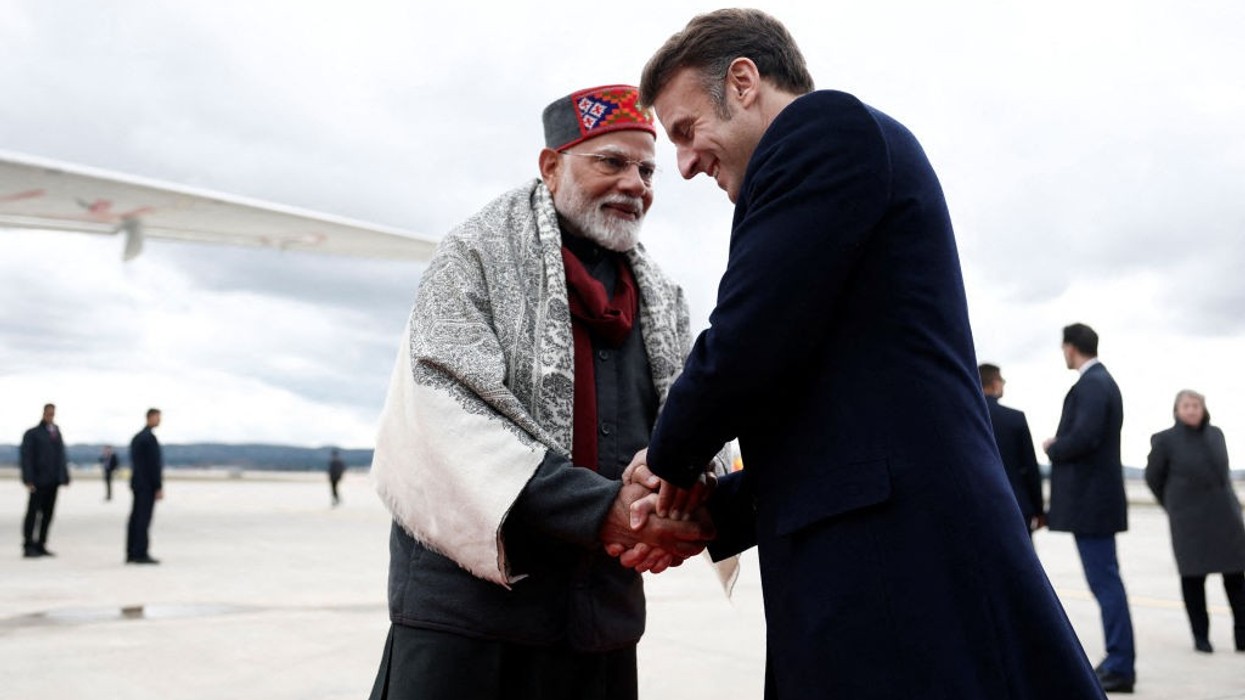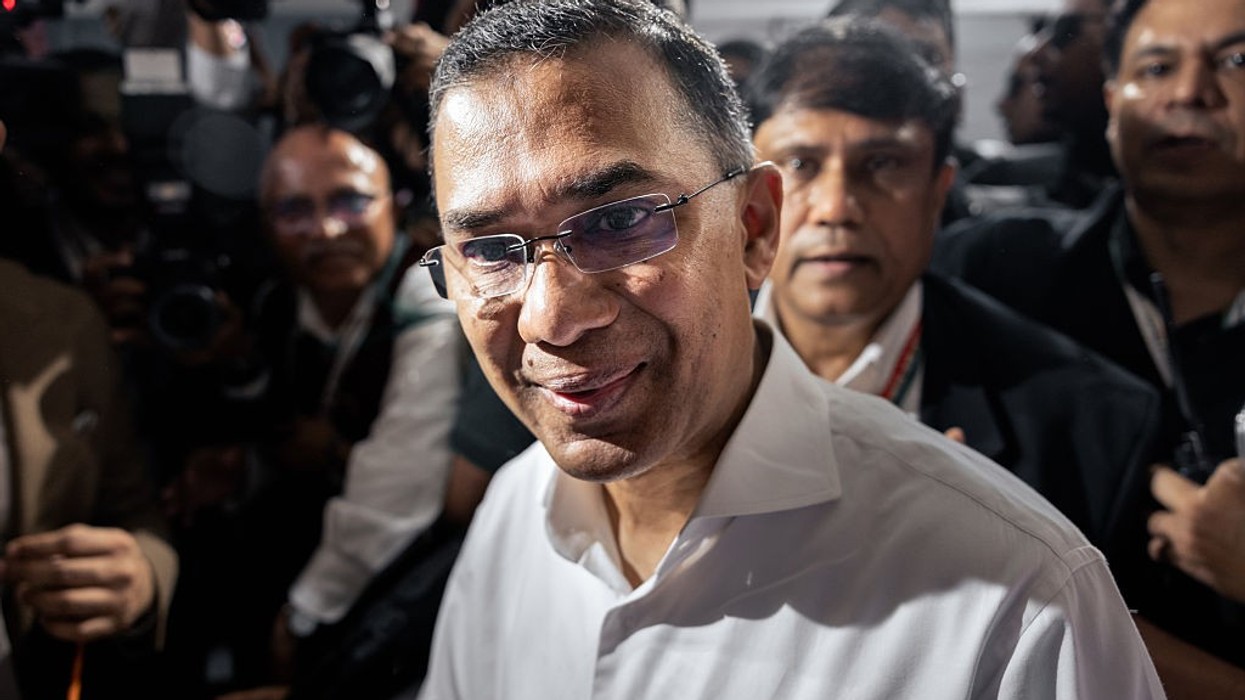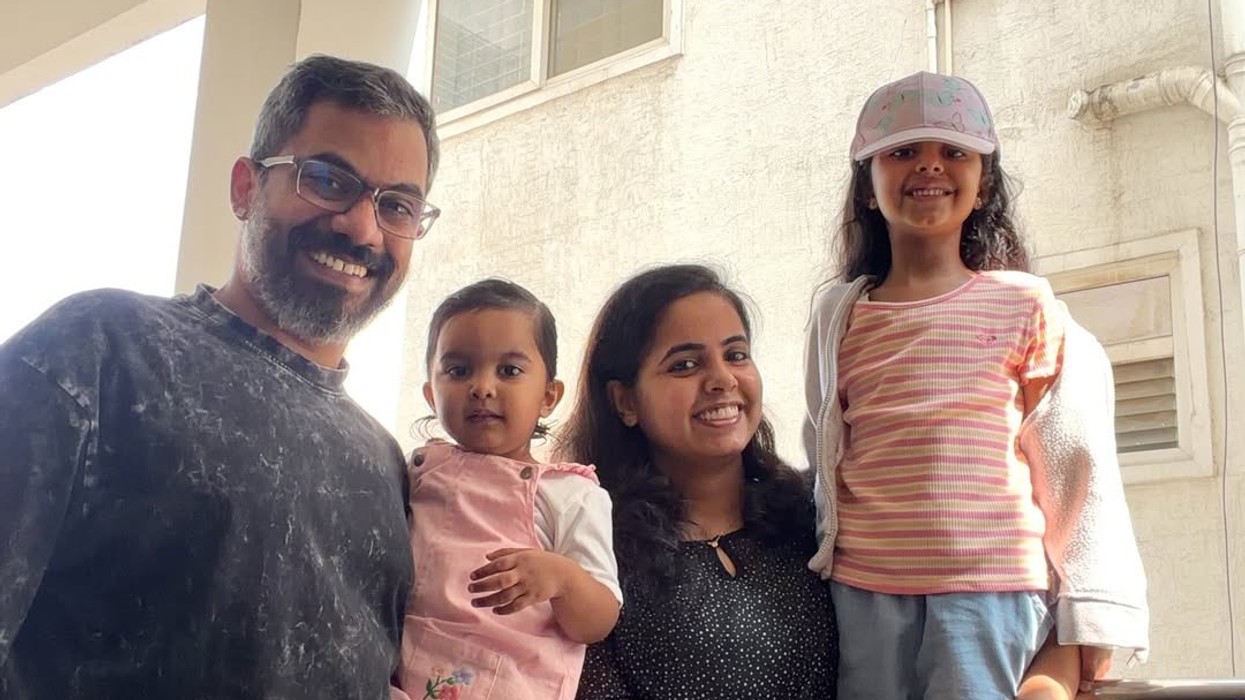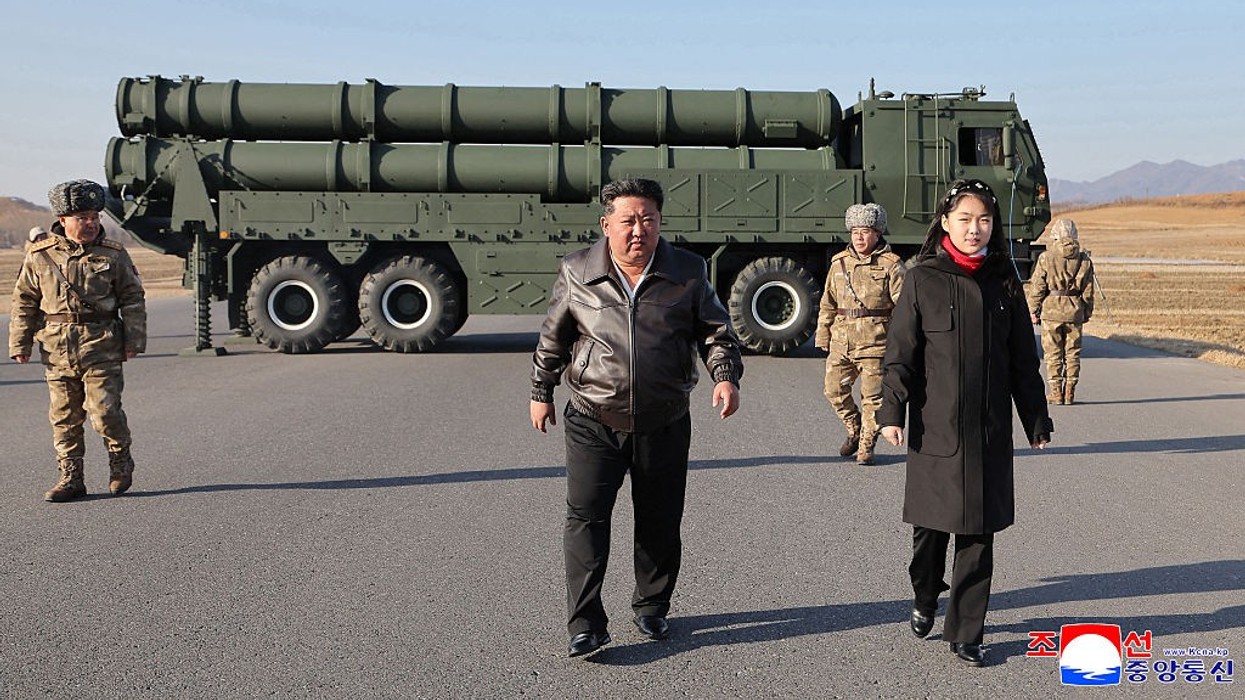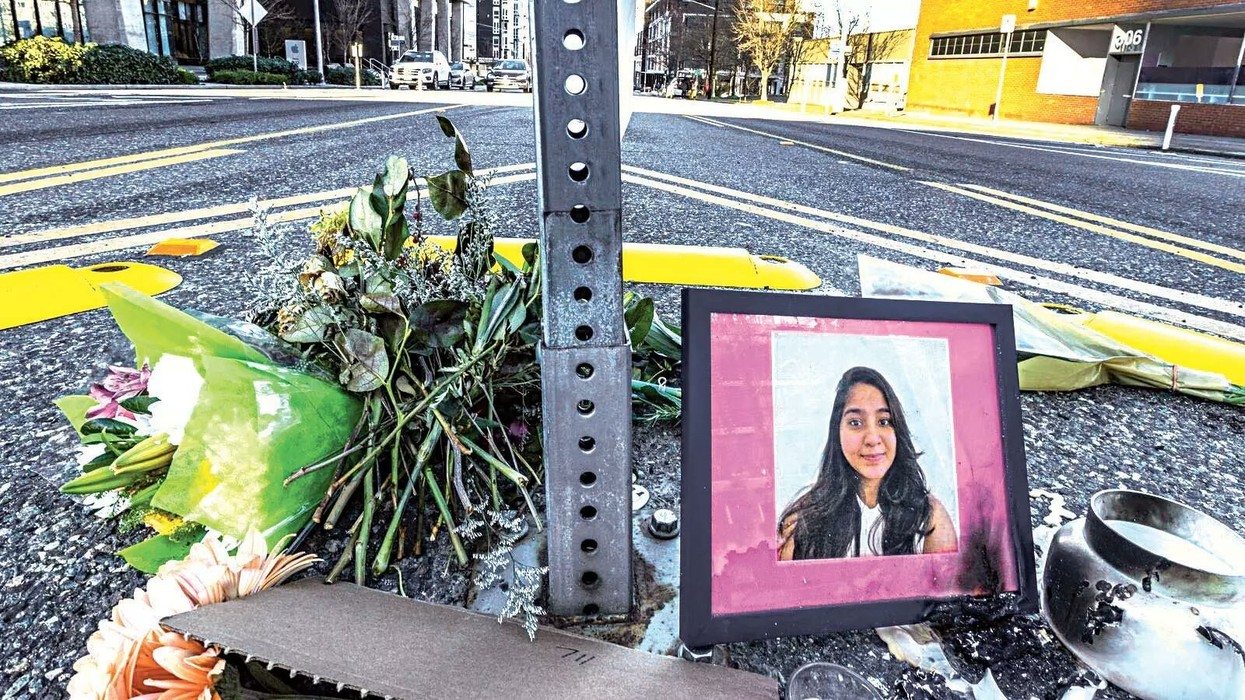Aamir Khan’s unforgettable character Rancho in 3 Idiots was inspired by a real-life visionary from Ladakh: Sonam Wangchuk. Known for his work in education and innovation, Wangchuk has become a leading climate activist and social reformer in the Himalayan region. Recently, he has been at the center of violent protests in Ladakh, showing his commitment to improving life for his people.
Who is Sonam Wangchuk?
Sonam Wangchuk is recognized globally for his creative solutions to Ladakh’s harsh environment. He developed the ice stupa technique to address water scarcity and founded SECMOL, a school promoting practical, sustainable education. His work inspired the fictional character of Rancho in 3 Idiots, motivating millions to value education and social change. Despite global fame, Wangchuk remains connected to local issues and grassroots struggles in Ladakh.
What happened in Ladakh?
On Wednesday (24), Ladakh faced violent protests over demands for statehood and constitutional protections. A shutdown led by local youth, prompted by Wangchuk’s hunger strike starting September 10, escalated into clashes with police. Four civilians died, over 80 people—including 40 officers—were injured, and property was damaged. Curfews and prohibitory orders were imposed to restore order.
The protests focus on demands for inclusion under the Constitution’s Sixth Schedule, which would give tribal areas autonomy, including job and land protections, and the restoration of Ladakh’s former statehood. Since Ladakh became a Union Territory without a legislature in 2019, residents feel politically marginalized.
Wangchuk’s role and challenges
Wangchuk began a hunger strike to push the government to address Ladakh’s constitutional demands. For years, he has advocated peacefully—walking from Leh to Delhi and mentoring youth to protect their culture and environment. While the government accuses him of inciting violence, he denies it. His NGO, SECMOL, had its foreign funding license revoked, and the CBI is investigating alleged funding violations. Wangchuk has warned that harsh action against him could worsen tensions.
The political response
The protests have drawn reactions from leaders across India. Jammu and Kashmir CM Omar Abdullah criticized BJP, while PDP’s Mehbooba Mufti blamed government policies. Other leaders called for impartial investigations and dialogue. The government claims progress has been made, including tribal reservations and language recognition, but acknowledges some disruptions have stalled talks.
Sonam Wangchuk embodies innovation, activism, and cultural pride. The ongoing unrest in Ladakh highlights frustrations over delayed constitutional rights. His work in education and sustainability stands in contrast to the current turmoil, showing both the promise and challenges in Ladakh’s quest for autonomy. Achieving peace will require listening to voices like Wangchuk’s and creating solutions that respect Ladakh’s heritage.
